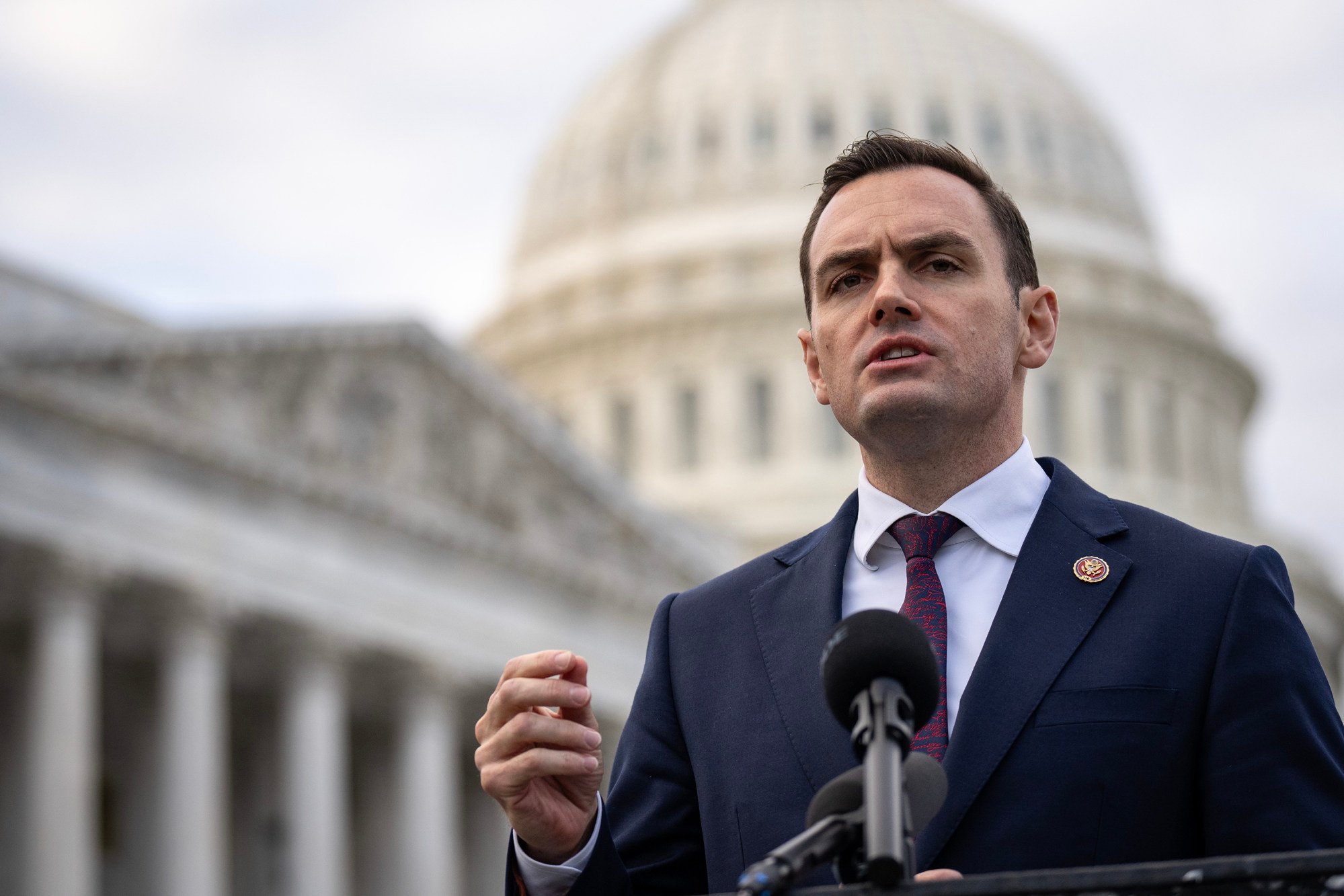
The fast-tracked bill also establishes a process for the president to designate other apps controlled by “foreign adversary countries” to face restrictions on operations in the US.
Lawmakers have expressed concern about TikTok’s potential to surveil and manipulate Americans through collection of their personal data and algorithm modifications.
TikTok has argued that efforts to restrict it would hamper the free speech of 170 million Americans who use the short-video platform.
TikTok gets thumbs up in China for ‘tough stance’ against US lawmakers
TikTok gets thumbs up in China for ‘tough stance’ against US lawmakers
According to The Washington Post, the company rekindled negotiations in September with the Committee on Foreign Investment in the US – a Treasury-led inter-agency group that reviews foreign transactions – to institute a plan restricting foreign access to American user data.
Called Project Texas, the US$1.5 billion plan would cede authority over TikTok’s American operations to a three-person board selected by CFIUS. That board would run a subsidiary called US Data Security, which would handle all of the app’s critical functions in the United States, including user data, engineering, security and content moderation.
But lawmakers have remained unconvinced, telling TikTok’s chief executive Shou Zi Chew that only a ban or divestiture would be acceptable.
Chinese national security laws likely require data from the apps to be handed over on request from government agencies, though TikTok maintains it has neither given American user data to Beijing, nor has Beijing ever asked for it.
Responding to free-speech concerns from critics, Gallagher has repeatedly contended that his bill was not a ban of TikTok, but meant to force a change in the app’s ownership.
Additionally, “if ByteDance was forced to divest TikTok US, the acquisition by a US company would also require antitrust approval from the Chinese government”, said Paul Triolo of Albright Stonebridge Group, noting that this process typically took “much longer” than the divestiture period the bill seeks.
Triolo, who specialises in China and tech policy, added that China’s national security laws are too vague to conclude that China-based companies must turn over data on request from Beijing.
“None of the laws in question have implementing regulation that would provide any detail on what the laws actually mean in practice.”
Free speech advocates, including the American Civil Liberties Union, wrote in a letter to the House energy and commerce committee last week that “it does not improve matters to say that this isn’t a ban”.
Some senators remain undecided on the most recent effort to restrict TikTok.
TikTok told to break with China’s Communist Party or lose access to US users
TikTok told to break with China’s Communist Party or lose access to US users
Lindsey Graham, Republican of South Carolina, said on Sunday he was “conflicted” about Gallagher’s bill. The same day, Marco Rubio, Republican of Florida, said he still needed to read the bill before deciding.
Warner, the chair of the Senate intelligence committee, said that TikTok posed a national security threat, without indicating support for the current House effort. And Maria Cantwell, the Washington Democrat who chairs the Senate commerce committee, said she was in favour of other legislation to regulate apps.
Trump reportedly met last month with Jeff Yass, a major TikTok investor and Republican donor, though the former president on Monday denied that they had discussed the app.
US executive order to keep Americans’ personal data from ‘countries of concern’
US executive order to keep Americans’ personal data from ‘countries of concern’
TikTok users, for their part, have flooded Congressional offices with calls urging not ban the app. On TikTok, some say Congress is showing bias against the popular app in choosing not to target other social media apps, noting that China can get access to their data through other social media apps even if TikTok is banned.
Others express scepticism that the app was manipulating content in favour of China.
“If China controls TikTok, they’re doing an awfully good job of censoring content that is critical of the US government,” said one TikTok creator with 1.4 million followers.
Representative Jamaal Bowman, Democrat of New York, posted on his TikTok account last week that moving towards a ban represented an effort at “silencing young people”.

